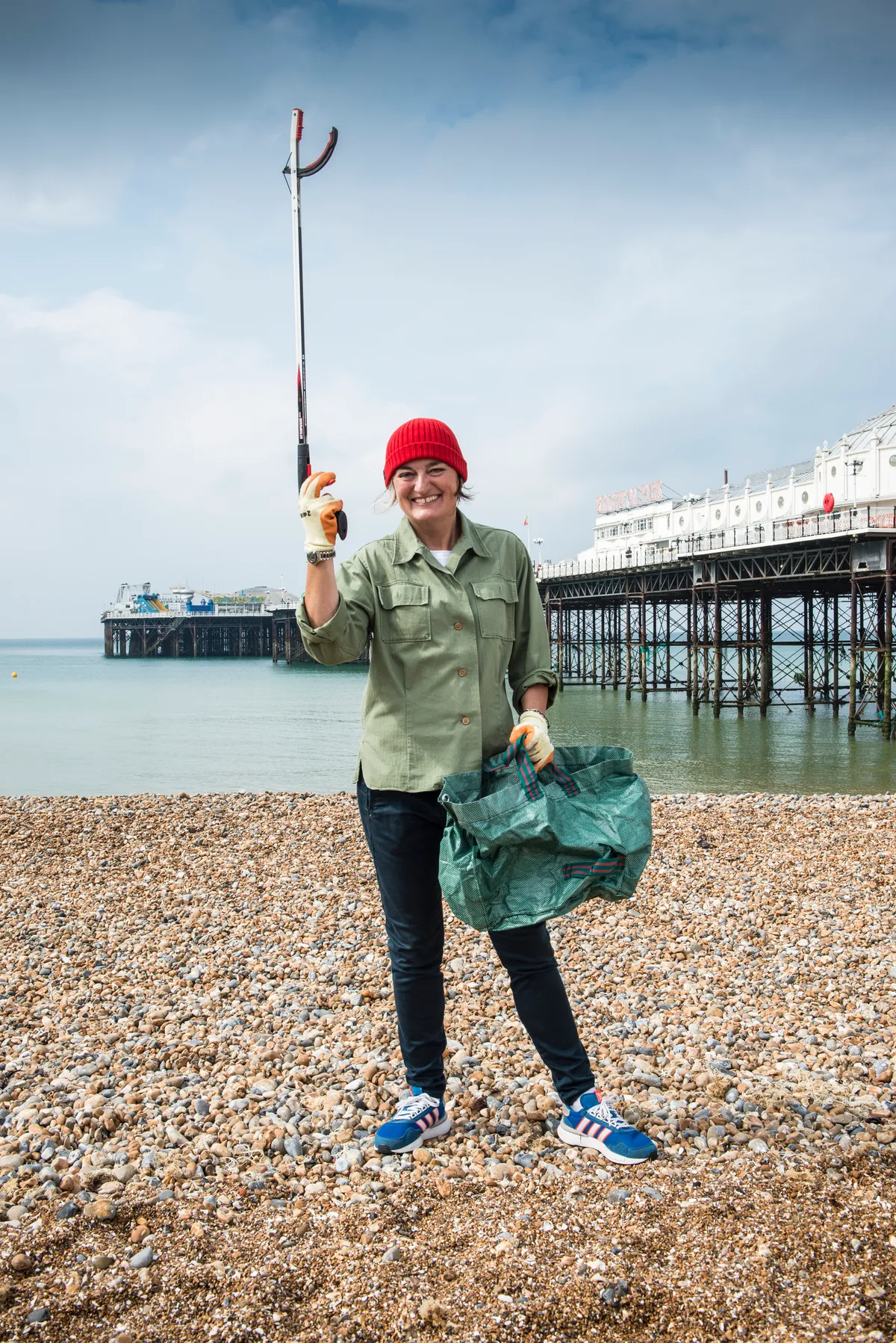The Marine Conservation Society's Great British Beach Clean returns this weekend, and the public is being encouraged to join in with existing events or set up their own.
What is the Great British Beach Clean?
The Great British Beach Clean is an annual co-ordinated clean-up of our coastal areas, organised by the Marine Conservation Society. The public are encouraged to collect and record all the litter they can find within a 100m stretch of beach. Crucially, the findings are recorded to help the MCS campaign for action on plastic and litter pollution – so every lolly stick, sweet wrapper and plastic bag gets noted down.

Zoe Lyons, Great British Beach Clean ambassador, said: “The inland litter picks collect information which will help the Marine Conservation Society understand how much of the litter on our beaches is making its way there from our villages, towns and cities far from the coast.”
“The Great British Beach Clean is a fantastic opportunity to make a real difference. Not only do volunteers help keep the UK’s beaches beautiful and litter-free, they collect vital data on what’s polluting our environment,” says Lizzie Prior, Beachwatch Officer at the Marine Conservation Society.
“We’ve used data collected in the past to campaign for carrier bag charges and single-use plastic bans, all of which have led to a reduction in litter on our beaches,” adds Prior. “So why not get outside, join us on a beach clean and make a difference?”
How to join the Great British Beach Clean
You can join or find the beach clean that's nearest to you, or organise your own. THe Marine Conservation Society has all the resources you need at mcsuk.org/what-you-can-do/join-a-beach-clean.
Or, to take part inland, join the Source to Sea Litter Quest by downloading a survey form and heading outside your front door.
What do you wear to a beach clean?
Heading to a beach clean event? We recommend wearing tough trousers and thick gardening gloves to protect yourself from the elements. Depending on the weather, we suggest wellies for optimum protection. Insect repellent might be an option too.
Main image credit: © Aled Llywelyn/Marine Conservation Society





